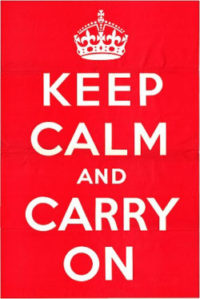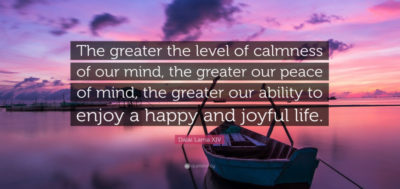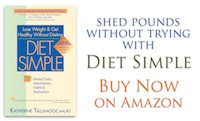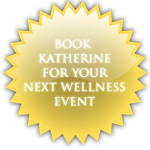Keep Calm and Carry On… Simple Techniques for Calming Isolation Stress
- At June 16, 2020
- By Katherine
- In Articles, News
 0
0

Stress, anxiety and depression are at all-time highs, according to recent studies. Feeling stressed is a normal reaction to today’s crisis, but if prolonged, it can disturb your immune, digestive, cardiovascular, sleep, and reproductive systems. You may also experience digestive symptoms, headaches, sleeplessness, sadness, anger, or irritability, according to the National Institute of Mental Health.
I’m sure you have already realized that “This is not a crisis that adrenaline can get us through,” as Brené Brown said, research professor and social worker at the University of Houston, in a recent webinar. “We are in a long duration marathon, and we have to find a sustainable way [to live],” she added
I can help you create the sustainable way to live that improves your overall well-being – based on your own personalized needs – with just a few virtual sessions. Habit building leads to greater health. Now is the perfect time to craft exceptional life satisfaction! You can book at Katherine@PersonaledNutrition.com
In today’s article, I’d like to share some simple techniques to help reduce your stress, increase your energy and improve how you feel and cope.
Even if you exercise, I recommend you add some form of meditation to your daily routine. Before rolling your eyes, many activities you already do can qualify. The only requirement is that your activity choice contains the four elements I’ve described below:
1. Meditation is a mind and body practice with a long history for increasing calmness and physical relaxation, improving psychological balance, coping with illness, and enhancing overall health and well-being, according to the National Institute of Complementary and Integrative Medicine.
In my experience, meditation can also help you control destructive, stress-related habits such as emotional eating, cigarette, alcohol, drug abuse, and other impulsive or addictive behaviors.
There are many types of meditation, but most have four elements in common:
1) A quiet location with as few distractions as possible;
2) a specific, comfortable posture (sitting, lying down, walking, or in other positions);
3) a focus of attention (a specially chosen word or set of words, an object, or the sensations of the breath); and
4) an open attitude (letting distractions come and go naturally without judging them)
Try these two easy techniques – music and / or meditative movement – that have worked for me and my clients:
- Music. Have you heard that music soothes the savage beast (inside all of us)? Science proves it. Choose music that can get you in the “zone” and involves the four elements (listed above). Medieval music is one of my favorites for relaxing. Gregorian chants are popular. How about Celtic Music? Gentle nature sounds, like birds chirping, waves pounding on a beach, and rainstorms are popular. Religious music has been used for thousands of years to help worshipers concentrate. Try Tibetan music, too. Whatever floats yer boat!
- Meditative Movement is my favorite form of meditation and great for beginners. It uses movement in conjunction with meditative attention to body sensations, posture, rhythm and breathing: Tai Chi, a centuries-old martial art, Yoga, from 3,000 BCE and Qigong, more than 4,000 years old, are considered meditative movement practices. Tai chi is easy and very relaxing. I especially like this 8-minute beginners video.
2. Regular exercise releases natural feel-good brain chemicals like endorphins and seratonin, increasing feelings of well-being and happiness while reducing depression and anxiety. It can prevent the conditions that may make COVID-19 lethal, like obesity, diabetes and hypertension, but also heart disease, stroke, cancer and cognitive decline. Getting out into the fresh air is ideal. The coronavirus is less likely to spread outdoors, according to infectious disease specialists, and mask-wearing is only needed if you can’t socially distance at least 6 feet. But if inside with the public, mask wearing is essential. I also have some inexpensive ideas for indoor home exercise.
If you are experiencing more than stress, like severe anxiety or depression, please seek medical help. About 30% of the general U.S. population have symptoms of depression and/or anxiety, as reported by a recent Centers for Disease Control survey, with the highest rate – 40% – in 18 to 29 year-olds.
For more fabulous tips and simple, effective ways to lose weight,
buy her book, Diet Simple!













